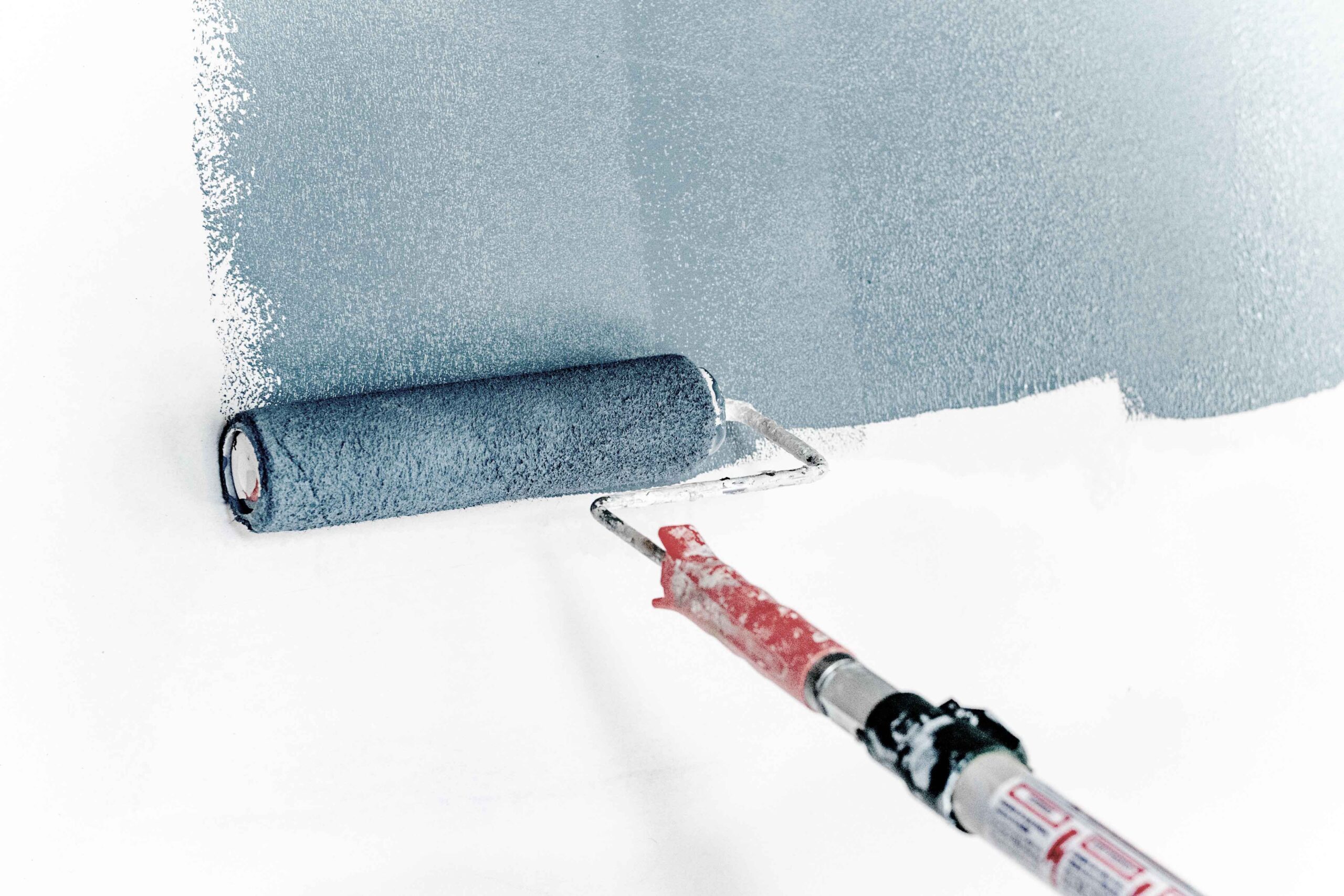
Dealing with other adults is hard.
Especially when they are getting it wrong.
But to bring a little more peace to your life I have one suggestion.
Occasionally let other people off the hook.
How do you know if you should correct them?
Here is the determining factor:
Ask yourself, “Does it matter if I am right?”
For example, if your spouse says, “The paint was $200.”
You have an overpowering urge to correct him. He was off by $100.
And you certainly could correct him.
But does it matter if he is correct?
If he is telling the neighbor what he just paid, it probably doesn’t matter. Let it go.
If he is writing a check to the painter, it matters. Gently slide on in.
Maybe your friend fiercely says, “You haven’t called me in weeks.”
If they are upset and think you don’t love them, feel free to yell, “Yes, I did! I called you last Tuesday!”
Then they will feel unloved AND accused of lying.
You have corrected them, and you have probably pushed them further away.
Calling? It doesn’t really matter who is right.
Another option is to tell your friend, “I am so sorry. You are one of my favorite people. Let’s go out and have lunch tomorrow!”
Most of the time correcting people creates distance in the relationship.
People don’t remember that you brought them the truth.
They remember how you made them feel.
No one likes it when you point out they are less than.
Does it matter who is right?

You don’t have to clean your plate because children are starving in Africa.
You don’t have to feel badly and try to live a smaller life because people are living in squalor.
You don’t have to lower your prices or give away your talents and services for free just because everyone deserves what you offer.
Deserving isn’t the issue.
From Abraham/Esther Hicks:
“You don’t hear anyone say, “Well, I have been well for so many years, that I’ve decided that I’m going to be sick for a while to allow some other people to be well.” Because you know that whether you’re well or not doesn’t have anything to do with them not getting enough wellness. You’re not using up the wellness and depriving them of it.
And it is the same thing with the abundance.”
You don’t have to give up abundance to allow other people to become more abundant.
I know it seems like a math problem.
If I have $100 and give it to the poor, I must have less in order for them to have more.
But it doesn’t work that way with abundance.
You don’t use up abundance.
You can share your wealth.
You can create more wealth and a better life for other people.
But you don’t have to live a lesser life because things aren’t balanced.
I am currently watching Melinda French Gate’s Masterclass on Philanthropy.
I don’t see her living in a lean-to or acting embarrassed to walk amongst people in extreme poverty.
She is going to be less effective if she uses her energy to feel guilty.
We need her to stay in the lane of listening and feeling and problem solving.
How abundance works is if you create more, you have more to share.
What can you create today?

Some people come to me wanting to be fixed.
They want to stop the hurting… fast.
Of course. We all want that.
And man, I would love to fix the problem… take away all that pain.
But here’s the thing...
When you go from thinking thoughts that make you feel bad straight to thoughts that make you feel great, it doesn’t stick.
It’s not a fix.
You missed a step.
You must be willing to feel the bad feeling before you can get through the pain to the other side.
It works like this:
Think something bad like, “No one likes me.”
Then feel the feeling all the way through.
Shame, sadness, unloved… whatever it is you feel.
Explore it a bit.
Hear what the pain has to say.
Feel it in your body as a sensastion.
THEN you can move on to feeling like a badass powerhouse.
You skip that exploration, and it will come back to bite you another day.
Feelings don’t like to be ignored.
What comes right before the fix?
Feeling the feeling.
I like to call it “allowing.”

